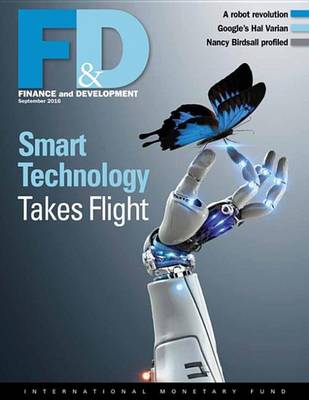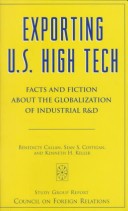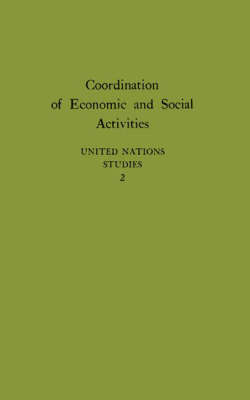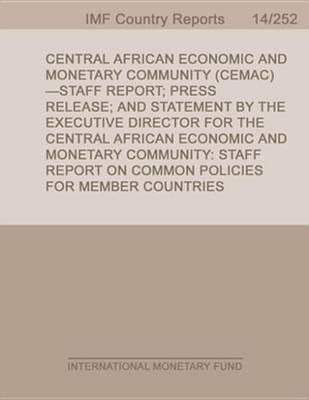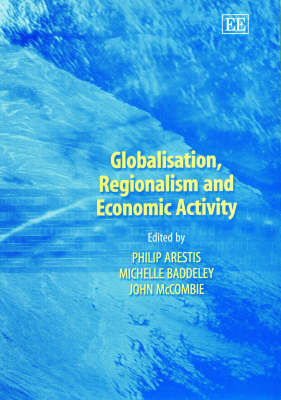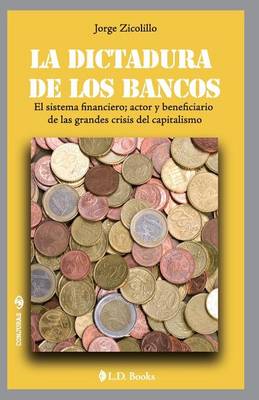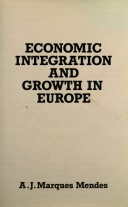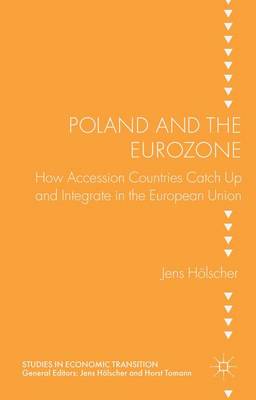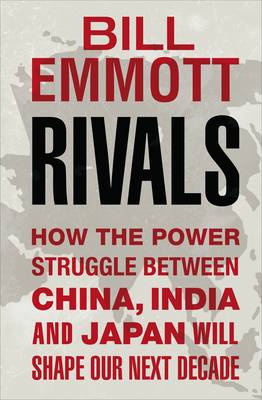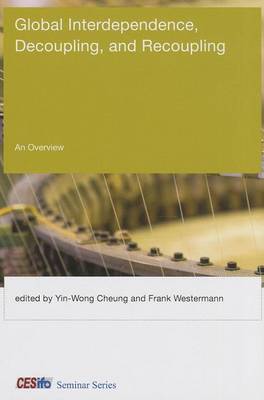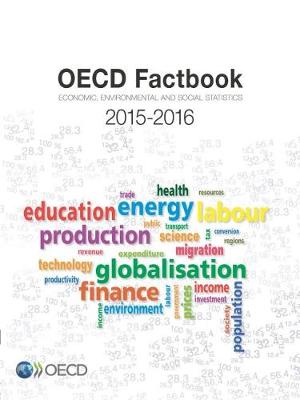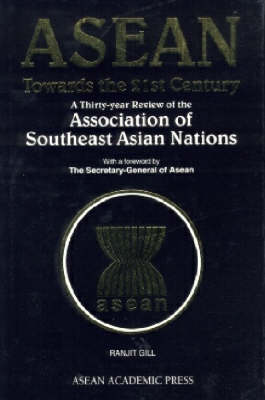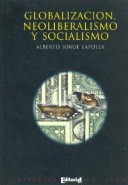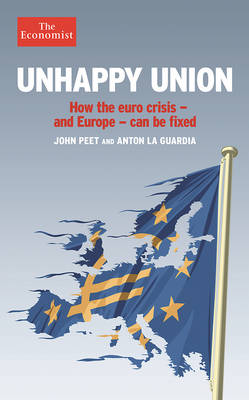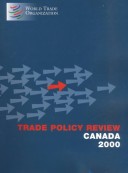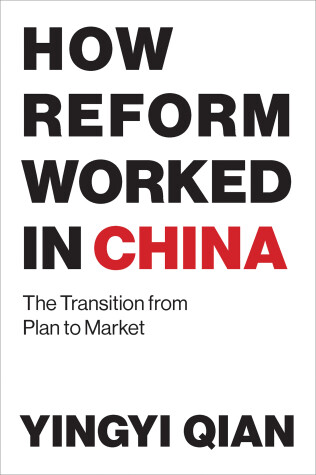Finance and Development, September 2016
by International Monetary Fund Exte Dept
The rise of international economic integration means that production globalization is often a matter of survival for corporations. As businesses globalize, American high-technology companies are taking great interest in newly industrializing countries and their pools of skilled labor. American industries once retained research and development (R&D) facilities within the United States; now many are setting up shop throughout the world. What effects will this strategy of know-how and technology tr...
An analysis of the key problems in the evolving relationships of the organs and agencies of the UN system concerned with economic and social matters.
Central African Economic and Monetary Community (Cemac)
by International Monetary Fund Afri Dept
Globalisation, Regionalism and Economic Activity
The processes of globalisation and increased economic regionalism have had profound, often destabilising, effects on modern economic and financial systems. In recognition of this fact, the editors of this fine book have collected together a diverse range of heterodox ideas surrounding the complex relationships and interactions between globalisation, regionalism and economic activity.The book promotes real-world economic issues and explores them without adopting any particular methodological, ide...
Since 1985 Japan has been reorienting its foreign policy by placing greater emphasis on its relationship with the countries of East Asia. At the same time, Japan is reinvigorating its security relationship with the United States while pushing multilateral and bilateral dialogues with its neighbors. Although Japan's socio-cultural influence in East Asia is growing, it continues to have difficulty dealing with its militarist past--something that makes it difficult for Japanese leaders to reassure...
Poland and the Eurozone (Studies in Economic Transition)
Poland is one of Europe's economic out-performers. The country's history and geography encourage it to be in favour of deeper European integration. This book aims to contribute to discussions on the future shape of EMU and the next steps ahead.
Fifteen years after The Sun Also Sets predicted the decline of Japan in the 1990s, Emmott returns not only to the Far East but to the wholly new and different challenges which have arisen from and among China, India and Japan. "Rivals" will be the book which defines the geo-politics of the world's most rapidly evolving economies and nation states, and assesses the challenge to America's global economic and military leadership posed by the emerging Asian superpowers.It is not just, as many seem t...
Global Interdependence, Decoupling, and Recoupling (CESifo Seminar)
by Yin-Wong Cheung and Frank Westermann
IMF Survey No.22, 2002
by Researcher Department of Child and Adolescent Psychiatry Patrick Bolton
OECD factbook 2015/2016
Export Assistance: The Way Back and Forward: An Empirical Investigation Into Developing Country Born Globals
by Anisur R. Faroque and Yoshi Takahashi
The euro was supposed to create an unbreakable bond between the nations and people of Europe. But when the debt crisis struck, the flaws of the half-built currency has brought the EU close to breaking point after decades of post-war integration. Deep fault-lines have opened up between European institutions and the nation-states, and often between the rulers and the ruled, raising profound questions about Europe's democratic deficit. Belief in European institutions and national governments alike...
Co-published by Bernan Press and the World Trade Organization, the 1998 Trade Policy Review series provides detailed trade information on every World Trade Organization member country. This volume describes the trade policies, policy-making institutions, practices, and macroeconomic situation of Canada.
In Pursuit of Influence (Cite Europeenne/European Policy, #42)
by Anjo Harryvan
How Reform Worked in China (The MIT Press) (How Reform Worked in China)
by Yingyi Qian
A noted Chinese economist examines the mechanisms behind China's economic reforms, arguing that universal principles and specific implementations are equally important. As China has transformed itself from a centrally planned economy to a market economy, economists have tried to understand and interpret the success of Chinese reform. As the Chinese economist Yingyi Qian explains, there are two schools of thought on Chinese reform: the "School of Universal Principles," which ascribes China's suc...
